The Central Bank of Sri Lanka Bill, which will be the governing legislation of the Central Bank of Sri Lanka (CBSL) once it is enacted, has been presented to Parliament. Further, it is in the public domain for comments.
In this regard, the Governor of the CBSL, Dr. P Nandalal Weerasinghe will deliver a public lecture in Sinhala medium on the proposed Bill followed by a discussion with a panel of resource persons where the audience will be given an opportunity to clarify concerns, if any.
The event, which is orgainsed by the Centre for Banking Studies of CBSL, will be held on 16 March 2023 from 02.30pm to 4.30pm at the Auditorium of Centre for Banking Studies, No 58, Sri Jayawardenepura Mawatha, Rajagiriya.
Interested parties are invited to attend the event. The lecture will also be livestreamed via official YouTube channel and Facebook page of CBSL.







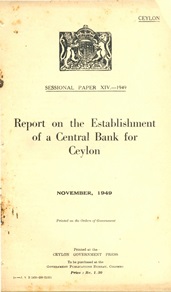
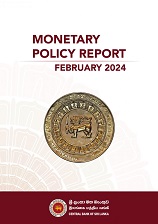
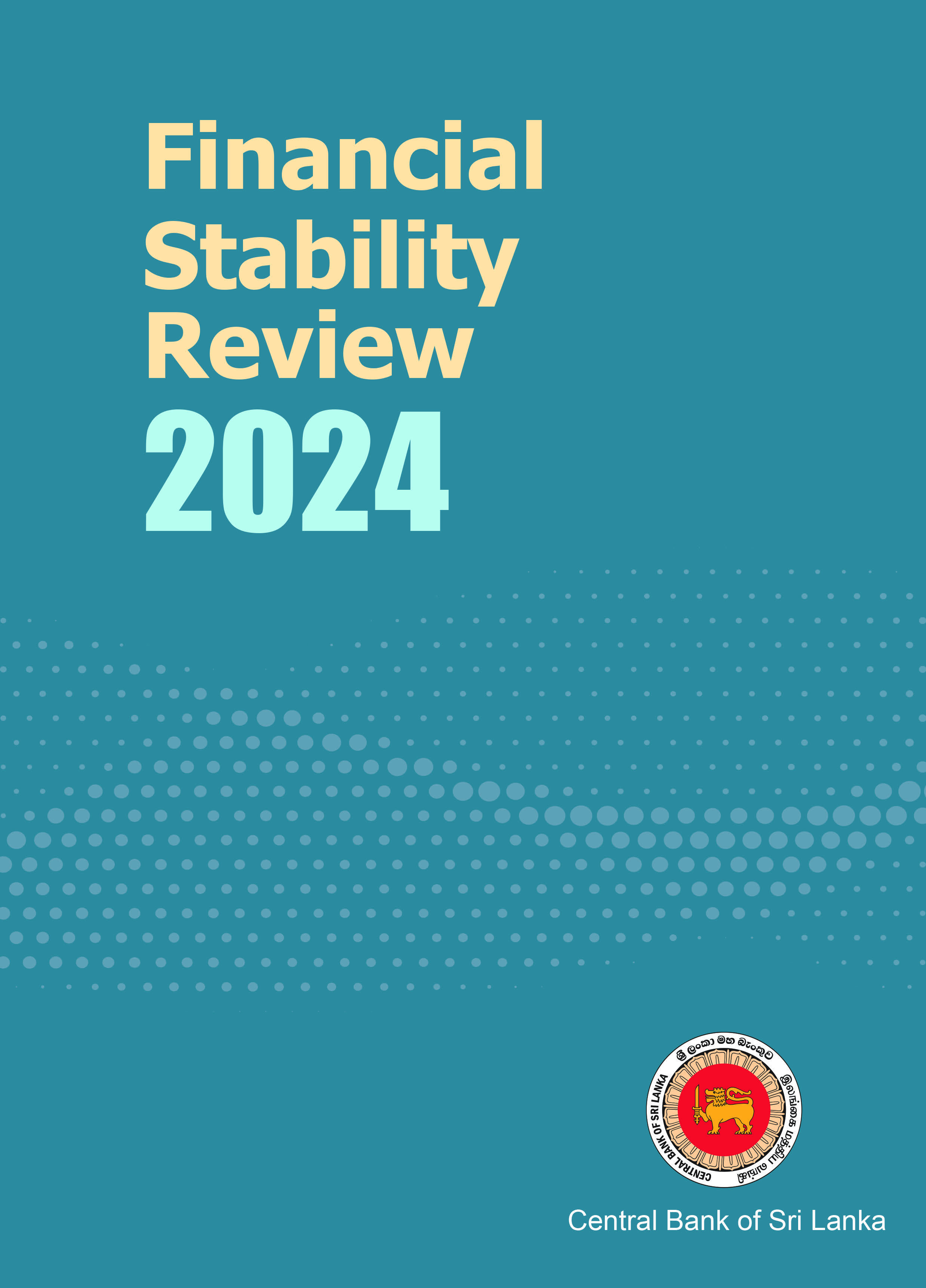

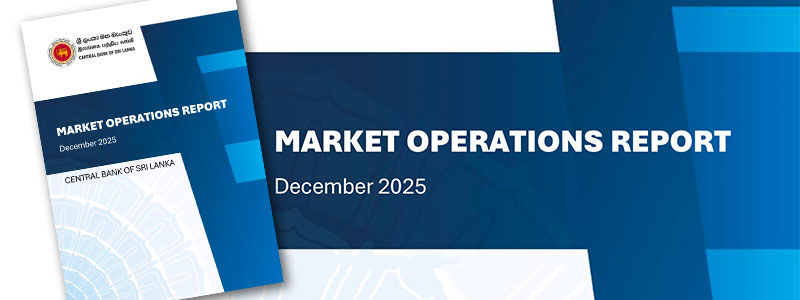



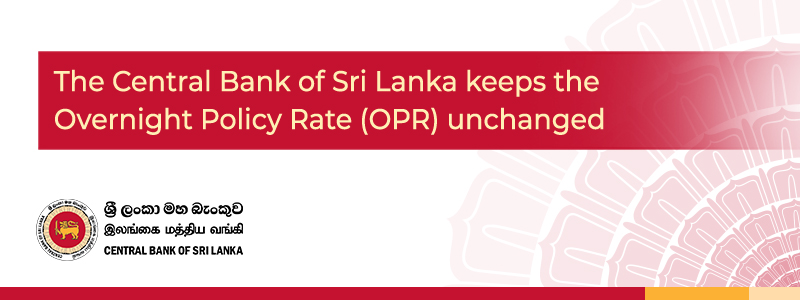

 It is with deep sorrow that we announce the demise of former Governor of the Central Bank of Sri Lanka (CBSL), Mr. H.B. Dissanayake.
It is with deep sorrow that we announce the demise of former Governor of the Central Bank of Sri Lanka (CBSL), Mr. H.B. Dissanayake.